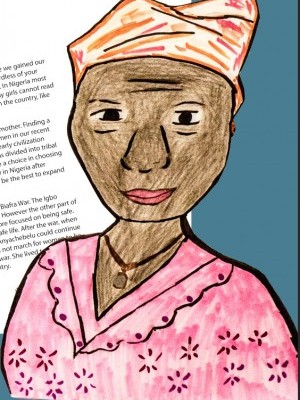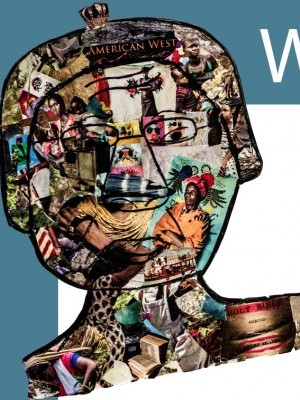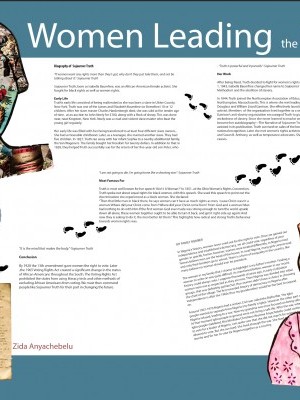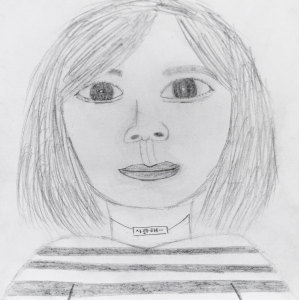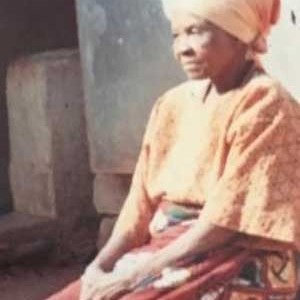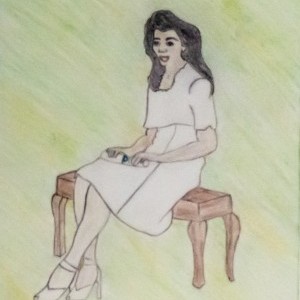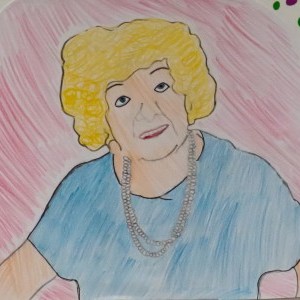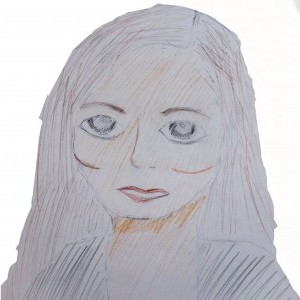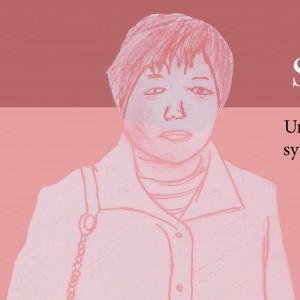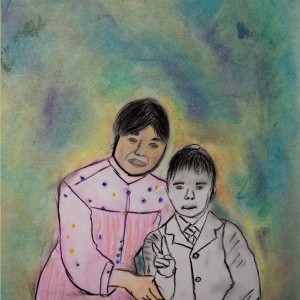Zida Anyachebelu
The Stony Brook School | Stony Brook, NY | 9-12th Grade
Inspirational Family Member
My Grandmother
In Nigeria’s history, women never cried out for the right to vote. Once we gained our independence and established a democracy, we all could vote, regardless of your gender. In specific homes however, women were treated differently. In Nigeria, most homes believe men are the head of the house. In rural Nigeria, many girls cannot read and only their brothers go to school. There is a form of inequality in the country, like many believe no woman should ever be president.
The woman in my family that I choose to highlight is my father’s mother. Finding a woman to write on was quite difficult. As mentioned before, women in our recent history could always vote. I suppose thousands of years ago, in early civilization, women were not as respected as they are now. Then Nigeria was divided into tribal groups, that was definitely patriarchal, thus women didn’t have a choice in choosing the chief of the village. The first recorded history of democracy in Nigeria after independence is after the 1960s thus my grandmother would be the best to expand on.
Around 1967-1970 Nigeria had a serious Civil war called the Biafra War. The Igbo people wanted to separate from Nigeria (my family is Igbo). However the other part of Nigeria refused, leading to a war. Now my grandma was more focused on being safe. At that moment Igbo people in general were not living a safe life. After the war, when Igbo people stabilized, Mrs. Mmiliaku Christiana Lfeyinwa Anyachebelu could continue to vote for a leader of Nigeria. I am quite sure that she did not march for women to be allowed to vote. But she survived. She lived through the war. She lived to see Nigeria reunite and for her to vote for Nigeria together as a country.
Historical Figure I Admire
Sojourner Truth
If women want any rights more than they’s got, why don’t they just take them, and not be talking about it.” – Sojourner Truth.
Sojourner Truth, born as Isabella Baumfree, was an African-American female activist. She fought for black rights as well as women rights. Truth’s early life consisted of being maltreated as she was born a slave in Ulster County, New York. Truth was one of the James and Elizabeth Baumfree (or Bomefree) 10 or 12 children. After her slave master Charles Hardenbergh died, she was sold at the tender age of nine, at an auction to John Neely for $100, along with a flock of sheep. This was done near, near Kingston, New York. Neely was a cruel and violent slave master who beat the young girl regularly.
Her early life was filled with her being transferred to at least four different slave owners. She had a miserable childhood. Later, as a teenager, she married another slave. They had five children. In 1827, Truth ran away with her infant Sophia to a nearby abolitionist family, the Van Wageners. The family bought her freedom for twenty dollars. In addition to that in 1828, they helped Truth successfully sue for the return of her five-year-old son Peter, who was illegally sold into slavery in Alabama. She was the first black woman to win such a case against a white man.
“Truth is powerful and it prevails.” – Sojourner Truth – After being freed, Truth decided to fight for women’s rights as well as black rights. On June 1, 1843, Isabella Baumfree changed her name to Sojourner Truth, devoting her life to Methodism and the abolition of slavery. In 1844, Truth joined the Northampton Association of Education and Industry in Northampton, Massachusetts. This is where she met leading abolitionists such as Frederick Douglass and William Lloyd Garrison. She effectively launched her career as an equal rights activist. Members of the organization lived together as a self-sufficient community. Garrison’s anti-slavery organization encouraged Truth to give speeches about the wickedness of slavery. Since she never learned to read or write, she dictated what would become her autobiography—The Narrative of Sojourner Truth—to Olive Gilbert, who assisted in its publication. Truth survived on sales of the book, which also brought her national recognition. Later she met women’s rights activists, like Elizabeth Cady Stanton and Susan B. Anthony, as well as temperance advocates. She began to support both causes.
“I am not going to die, I’m going home like a shooting star.”—Sojourner Truth– Truth is most well-known for her speech “Ain’t I A Woman?” In 1851, at the Ohio Women’s Rights Convention, Truth spoke out about equal rights for black women, with this speech. She used this speech to point out the discrimination she experienced as a black woman. She declared: “Then that little man in black there, he says women can’t have as much rights as men, ‘cause Christ wasn’t a woman! Where did your Christ come from? Where did your Christ come from? From God and a woman! Man had nothing to do with Him. If the first woman God ever made was strong enough to turn the world upside down all alone, these women together ought to be able to turn it back, and get it right-side up again! And now they is asking to do it, the men better let them.” This highlights how radical and strong Truth's behaviour towards women rights was.
“It is the mind that makes the body.” —Sojourner Truth— By 1920, the 19th amendment gave women the right to vote. Later, the 1965 Voting Rights Act created a significant change in the status of African Americans throughout the South. The Voting Rights Act prohibited the states from using literacy tests and other methods of excluding African Americans from voting. We must then commend people like Sojourner Truth for their part in changing the future.
What the Project Means to Me
I am glad to be a woman. I am glad to be a black woman. For years it has been difficult for black women to have rights. Women have always been seen as below men, but when women like Sojourner Truth step up it shows women are capable of doing things. I remember about three months ago I was talking to my mother about politics. “Mum, I’m tired of Nigeria. We need a new president. You know what, I might go to college and study political science.” My mother laughed, “You must really be tired.” I do not expect to run for president; however, I feel like a change must be made.
In Nigeria girls have equal rights; however, in some parts of the country women still have a life that they are forced to live. Girls are sold for less than a hundred dollars. There are other girls who could never go to school because their father does not believe a girl should read. I live in a cosmopolitan atmosphere. My home is in the city and I have grown up seeing both my parents make decisions together. Each time I see girls with very different lives from mine, sadness overwhelms me, but in less than a day I have forgotten about it. Woman, girl, daughter, female, mother, aunt, grandmother, sister. A girl is a human with a brain, who deserves an opportunity to a fuller life.
When I get back to Nigeria, I am going to start another program that aids in helping young girls go to school. The max I will have to pay for a child’s school fees in a public school in Nigeria is about forty dollars. Like Sojourner Truth, I want to be a woman leading the way for other women.
Explore the Archive
More From This Class
Click on the thumbnails below to view each student's work.Deadline Extended
There's still time to join Women Leading the Way.
Become a part of our storytelling archive. Enroll your class today.
Join the Project

